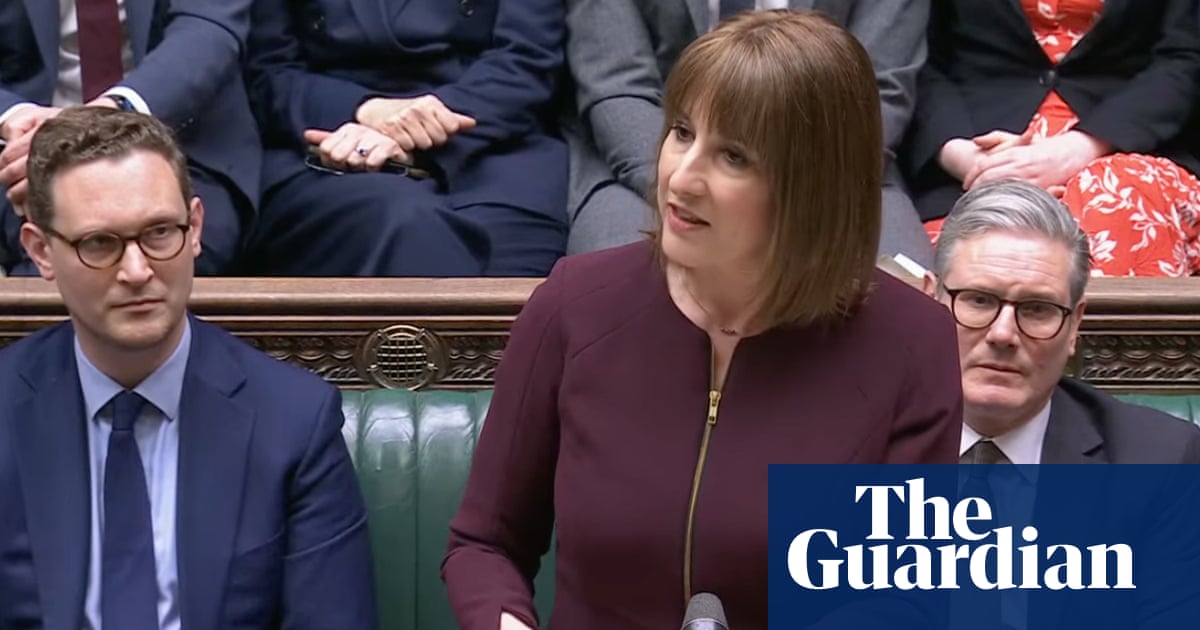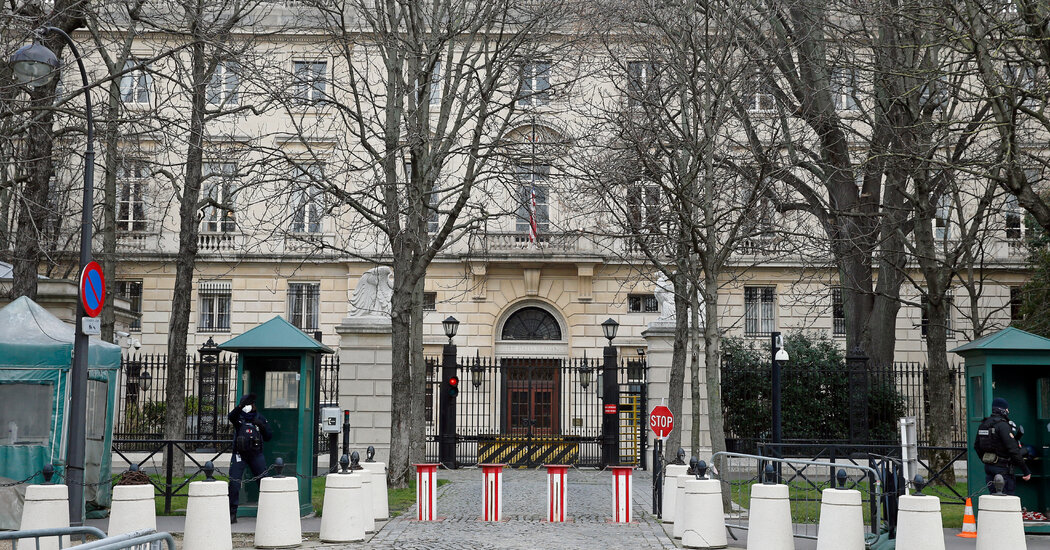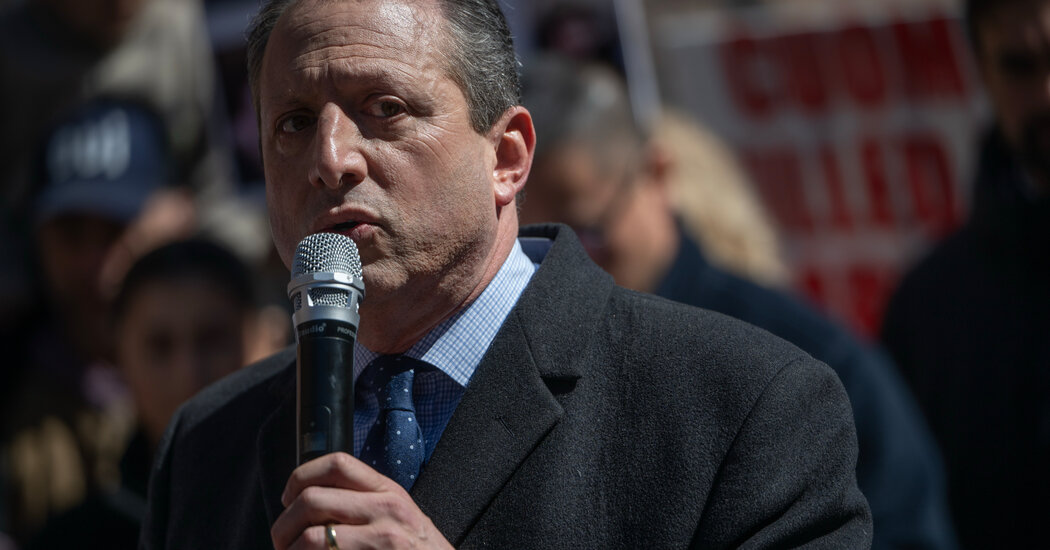
Spring statement: Rachel Reeves announces deep cuts to welfare and public services
Rachel Reeves has confirmed deep cuts to welfare and public services offset by billions of pounds in long-term investment to grow the economy, as she delivered a spring statement to ensure her fiscal targets are still being met.
In a statement to the Commons which revealed the UK growth forecasts for this year had been halved, the chancellor said her measures would ensure a predicted £4.1bn hole in the public finances within five years would be turned back into a £9.9bn surplus.
This would restore “in full” the headroom against her self-imposed fiscal rules, she said.
“The responsible choice is to reduce our levels of debt and borrowing in the years ahead so we can spend more on the priorities of working people and that is exactly what this government will do.”
Aiming to shift the focus away from benefit cuts, which had appalled Labour backbenchers, charities and campaigners, Reeves said she would provide additional funding for defence and was topping up the funding for long-term infrastructure projects by an average of £2bn per year compared with the autumn budget.
Aiming to draw a dividing line with the Conservatives as she responded to an increasingly gloomy global economic backdrop, she said cuts to longer-term projects would be the wrong choice. “[In the past] that choked off growth and it left our school roofs literally crumbling. That was the wrong choice, it was the irresponsible choice, it was the Tory choice.”
However, it came as the chancellor was forced into finding billions of pounds in additional savings after the Office for Budget Responsibility (OBR) rejected the government’s estimates of the savings from the changes announced last week.
Threatening to reignite a fierce internal row, Reeves confirmed she would push through a further round of benefit cuts in a “final adjustment” after an eleventh-hour assessment from the Treasury watchdog.
Under the new plans the chancellor said the universal credit standard allowance would be increased from £92 per week to £106 per week by 2029-30. Health-related entitlements linked to universal credit will be cut by 50%, then frozen.
Alongside £1bn of support to help claimants find work, she said the plans would save £3.4bn in total.
Britain’s economy has come close to stagnation in recent months as households remain under pressure from high prices and elevated borrowing costs from the Bank of England.
after newsletter promotion
The OBR slashed its growth forecasts for 2025 to 1%, from a previous estimate of 2% made alongside the October budget.
However, the chancellor said the OBR had upgraded its longer-term forecasts as a direct result of Labour’s radical planning reforms announced last year, which would add 0.2% to the size of the economy by the end of the decade and 0.4% within 10 years – worth an additional £15.1bn.
“[That is the] biggest positive growth impact that the OBR have ever reflected in their forecast for a policy with no fiscal cost,” she said.










